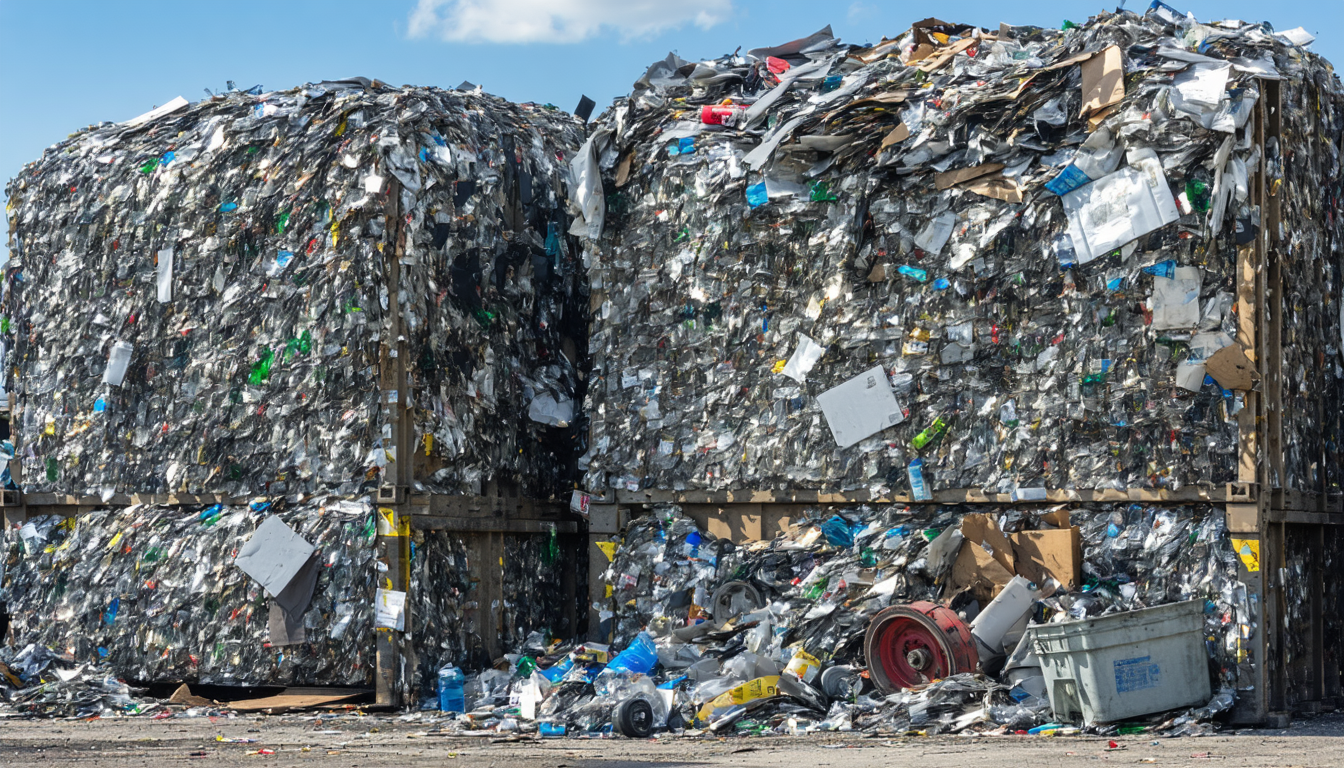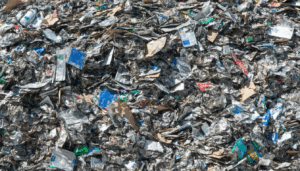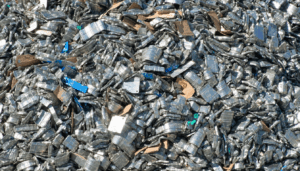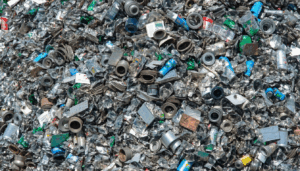Introduction
In the heart of Florida, Jacksonville is emerging as a key player in the metal recycling industry, contributing significantly to environmental sustainability and economic growth. As the demand for recycled materials rises across the United States, local businesses and policymakers are prioritizing innovative solutions to manage scrap metal efficiently. This article explores the latest developments in Jacksonville metal recycling, from technological advancements to economic impacts, and examines how this sector is shaping the future of resource conservation. Stay tuned as we uncover the trends, challenges, and opportunities driving this vital industry forward.
The Rise of Jacksonville Metal Recycling
Jacksonville’s metal recycling sector has seen remarkable growth in recent years, fueled by increasing awareness of sustainability and stricter waste management regulations. According to the Institute of Scrap Recycling Industries (ISRI), the U.S. recycling industry processes over 130 million metric tons of scrap materials annually, with Florida contributing a significant share. In Jacksonville alone, local facilities reported a 15% increase in processed metal volumes in 2022, reflecting a robust demand for recycled steel, aluminum, and copper.
This surge is not just about numbers; it’s about community impact. Recycling centers are creating jobs, with over 500 new positions added in the region since 2020. These facilities are also reducing landfill waste, aligning with national goals to achieve a circular economy by 2030.
Technological Innovations Driving Efficiency
One of the most exciting aspects of Jacksonville metal recycling is the adoption of cutting-edge technology. Advanced sorting systems, such as AI-powered sensors and automated shredders, have improved the accuracy of separating ferrous and non-ferrous metals. This has led to a 20% increase in material recovery rates at major facilities like CMC Recycling, based in Jacksonville.
“Technology is transforming how we handle scrap metal,” says Sarah Thompson, a recycling technology expert at the University of Florida. “With these innovations, we’re not only boosting efficiency but also ensuring higher-quality materials for manufacturers.” Such advancements are positioning Jacksonville as a leader in modern recycling practices.
Economic and Environmental Impacts
The economic benefits of metal recycling in Jacksonville are undeniable. The industry supports a wide range of stakeholders, from small-scale scrap collectors to large manufacturing firms that rely on recycled materials. A 2023 report by the Florida Department of Environmental Protection highlighted that recycling contributes over $500 million annually to the state’s economy, with Jacksonville playing a pivotal role.
Environmentally, the impact is equally significant. Recycling one ton of steel saves approximately 2,500 pounds of iron ore and reduces greenhouse gas emissions by up to 60%. For a city like Jacksonville, which processes thousands of tons monthly, these savings translate into cleaner air and conserved natural resources.
Challenges Facing the Industry
Despite its successes, Jacksonville metal recycling faces several hurdles. Fluctuating global metal prices often affect profitability for local recyclers, making long-term planning difficult. Additionally, illegal dumping of hazardous materials at recycling sites poses safety risks and increases operational costs.
Community education remains another challenge. Many residents are unaware of proper recycling protocols, leading to contamination of recyclable materials. Local authorities are addressing this through outreach programs, but progress is gradual.
Future Outlook for Jacksonville Metal Recycling
Looking ahead, experts predict continued growth for Jacksonville’s recycling sector. With federal initiatives like the Infrastructure Investment and Jobs Act allocating funds for sustainable projects, local businesses could see increased support for expansion. There’s also potential for public-private partnerships to enhance recycling infrastructure.
On the flip side, some industry analysts caution against over-reliance on volatile markets. Balancing domestic demand with international trade will be crucial to maintaining stability. As Thompson notes, “Diversifying revenue streams and investing in education will be key to sustaining this momentum.”
Conclusion
Jacksonville metal recycling stands at a crossroads of opportunity and challenge, embodying the broader push toward sustainability in the United States. From job creation and technological innovation to environmental conservation, the industry’s contributions are multifaceted. As stakeholders navigate market fluctuations and operational hurdles, their efforts promise a greener future for the city and beyond. With strategic investments and community engagement, Jacksonville could solidify its place as a national leader in metal recycling.
Frequently Asked Questions (FAQs)
- What types of metals are commonly recycled in Jacksonville?
Common metals include steel, aluminum, copper, brass, and iron. These are processed at local facilities for reuse in manufacturing and construction. - How can residents contribute to Jacksonville metal recycling?
Residents can separate recyclable metals from general waste and drop them off at designated centers or curbside programs offered by the city. - Are there financial incentives for recycling metal in Jacksonville?
Yes, many recycling centers pay for scrap metal based on weight and type. Prices vary depending on market conditions. - What are the environmental benefits of metal recycling?
Recycling reduces landfill waste, conserves natural resources, lowers energy consumption, and cuts down on greenhouse gas emissions. - Where can I find recycling centers in Jacksonville?
Major facilities like CMC Recycling and SA Recycling operate in the area. The City of Jacksonville’s website also lists drop-off locations and schedules.
This comprehensive overview of Jacksonville metal recycling highlights its critical role in shaping a sustainable future while addressing real-world challenges head-on.





